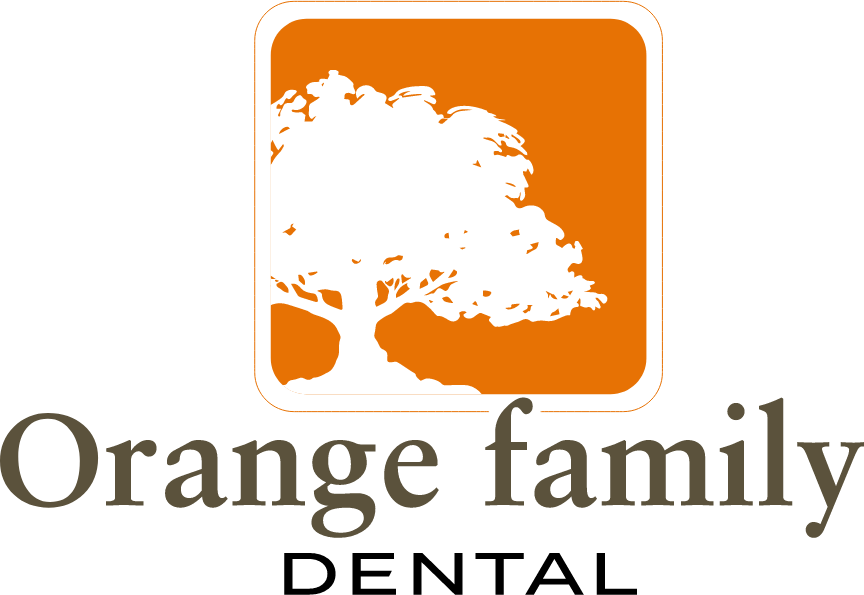Snoring is the noise made when the airway is compromised during sleep. When you breathe normally, there is no noise. Air passes quietly through the nose and past the flexible structures in the back of the throat, such as the soft palate, uvula, tonsils and tongue. While you are awake, muscles hold the airway open. When you fall asleep, these muscles relax, but normally the airway stays open and there is no noise.
Snoring occurs when the throat structures are abnormally large and/or when during sleep the throat muscles relax enough to cause the airway to collapse and partially obstruct air flow. As the lungs try to suck and push air past these obstructions, the structures vibrate as the air rushes past, and the sound we know as snoring occurs. While snoring may be harmless, it can also be a sign of a more serious medical condition, which progresses from upper airway resistance syndrome to obstructive sleep apnea.
Snoring interrupts that restful, quiet sleep which is so important to our good health. Usually, people do not hear themselves snore, but snoring can cause disrupted sleep for both the individual that snores and their sleeping partner! This is known as “second hand snoring”. It can lead to daytime sleepiness and fatigue, which can affect the ability to function effectively at home and at work, and could lead to health problems. It is important to eliminate snoring so everyone can get a restful night’s sleep and maintain good health.
If you snore, you are not alone. Statistics indicate that approximately 40% of adults over the age of 40 snore some or all the time. That number will continue to grow, because the factors that cause snoring continue to be prevalent in our population. Normal, smooth, unobstructed breathing is a key to getting a restful night’s sleep!
Snoring is a sign that something is wrong with your breathing during sleep. Snoring is sometimes referred to as airway obstruction or obstructive sleep apnea. Apnea is the cessation of breath during sleep. Snoring and Sleep apnea increases the risk for stroke, heart attack and hypertension. With the use of custom-fitted mouth appliances, Dr. Menon can hold the jaw in the proper position to keep the airway from collapsing. Whether it’s you or your child that suffers from this disorder, Dr. Menon may be able to help you before it leads to permanent damage or even death.
Snoring Appliances are worn in the mouth at night. They gently reposition your jaw to optimize your airway while you sleep. Snoring Appliances can be effective 90% of the time and are much less intrusive than the alternatives, surgery and the CPAP system.
If you have any questions about snoring or obstructive sleep apnea, please speak with Dr. Menon or any one of our Orange Family Dental team members here in Calgary today.

